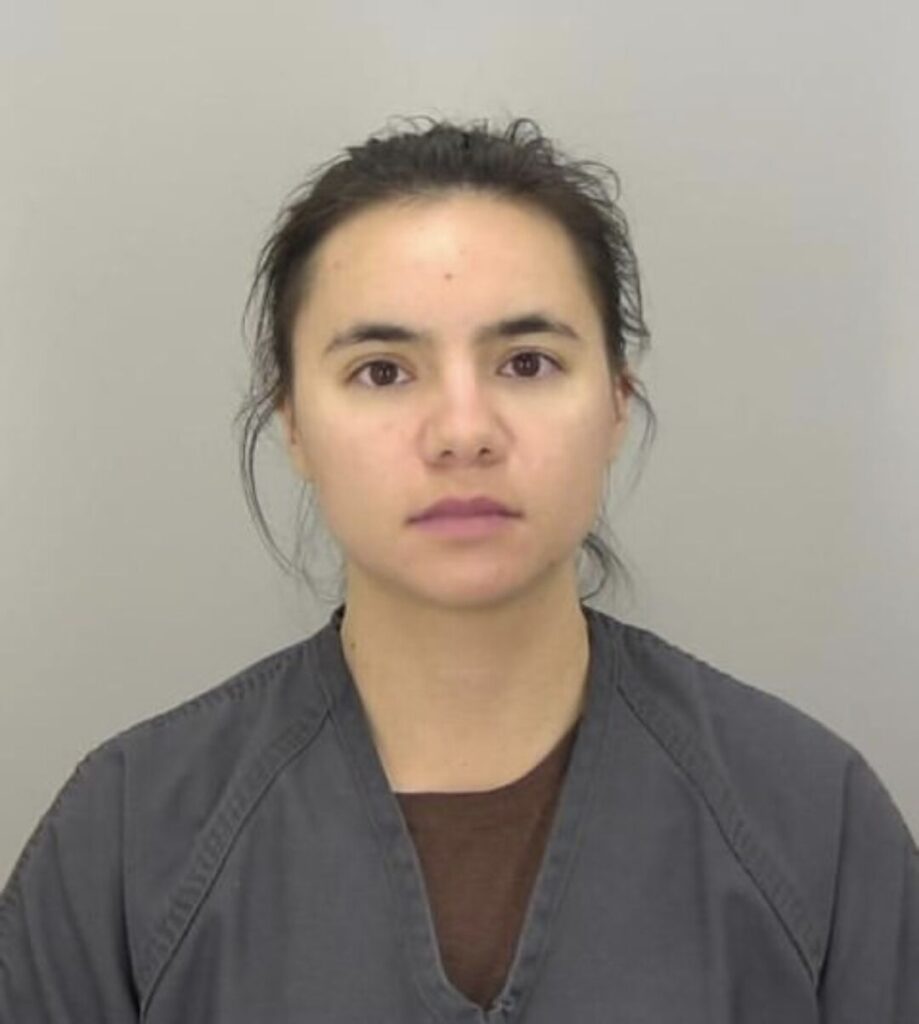10th Circuit reinstates group prayer lawsuit of 1993 WTC bomber

The federal appeals court based in Denver has reinstated a Muslim inmate’s religious liberty lawsuit against the Federal Bureau of Prisons, finding a lower court misunderstood the level of access prison officials were providing to group prayer.
A three-judge panel of the U.S. Court of Appeals for the 10th Circuit sided with Ahmad Ajaj, who is serving a 114-year sentence for his role in the 1993 World Trade Center bombing. He alleged that prison employees, starting from the time Ajaj was incarcerated at the Administrative Maximum facility in Florence, substantially burdened his religious exercise in violation of the First Amendment.
The appeal centered on Ajaj’s ability to participate in congregate prayer, which is a key component of his religious beliefs. He charged the Bureau of Prisons with moving him between facilities and temporarily changing its procedures in the name of getting his lawsuit dismissed.
Without deciding whether the government had behaved as Ajaj claimed, the 10th Circuit’s panel found a federal judge in Colorado had mistakenly believed the Bureau of Prisons had, in fact, honored Ajaj’s request to pray with others five times daily. That error prompted the panel to revive Ajaj’s lawsuit for further proceedings.
“Mr. Ajaj’s group-prayer claim has been founded on his belief that he must pray with others five times daily; and the record does not support that it was a ‘concrete fact’ that he could do so,” wrote Judge Harris L Hartz in the panel’s Feb. 9 opinion.
Hartz’s reference to a “concrete fact” stemmed from the decision by U.S. District Court Senior Judge R. Brooke Jackson to dismiss Ajaj’s group prayer claim. Jackson oversaw Ajaj’s lawsuit, which contained many allegations relating to prison officials’ failure to provide a religiously-compliant diet, access to an Islamic religious leader or accommodation of Ajaj’s fasts during Ramadan. Jackson sided with Ajaj in a 2018 trial on his dietary claim.
During the course of the lawsuit, prison officials moved Ajaj from the Florence facility to a prison a Terre Haute, Ind., and then to Allenwood, Pa. At Terre Haute, Ajaj was reportedly allowed to pray with others outside his cell, but not five times daily as his faith mandated. Jackson rejected the notion that the transfers were designed to prevent judicial review of Ajaj’s treatment.
“I have no reason to believe that Mr. Ajaj was transferred in any attempt to avoid or moot this Court’s orders,” Jackson wrote. At the same time, the judge found the Bureau of Prisons was accommodating Ajaj’s religious beliefs, and dismissed the group prayer claim.
“The only concrete fact is that Mr. Ajaj is currently allowed to pray five times daily in a group setting at Terre Haute, and as such he suffers no injury-in-fact,” Jackson wrote.
Upon review, the 10th Circuit could not trace how Jackson reached that “concrete fact,” given that the government had only stated Ajaj was able to pray with others “typically for four of the five daily prayers of the Islamic faith,” and Ajaj estimated he had access to group prayer only three times per day.
Hartz indicated that the amount of prayers missed related to the merits of Ajaj’s allegations, and not whether a court could hear the claim in the first place.
“We therefore must reverse the dismissal of Mr. Ajaj’s group-prayer claim as moot because it was based on a clearly erroneous finding that Mr. Ajaj could pray with others five times daily,” Hartz wrote.
Ajaj also informed the 10th Circuit that the Bureau of Prisons had transferred him again to Sumterville, Fla., where the prison handbook reportedly contains an explicit prohibition on group prayer. Hartz explained that Jackson could evaluate that new information as the case resumes.
Representing Ajaj before the 10th Circuit were student attorneys from the University of Denver Sturm College of Law’s Civil Rights Clinic. They did not immediately respond to a request for comment about the panel’s decision.
The civil rights organization Muslim Advocates and the Roderick and Solange MacArthur Justice Center, a public interest law firm, weighed in to the 10th Circuit on Ajaj’s behalf. Both argued that the Bureau of Prisons should not be able to avoid judicial review of its congregate prayer policies through its allegedly tactical transfers of Ajaj to new facilities.
“When he reached out to the district court here to challenge the prison policy that kept him from praying in accordance with his beliefs, the court closed its doors to him,” Muslim Advocates wrote to the appeals panel. “In so holding, the district court failed to honor its duty under the law. This Court must send a clear message that such abdication is unacceptable.”
The 10th Circuit declined to definitively answer whether the individual prison officials Ajaj had sued for monetary damages could avoid liability because of qualified immunity. Qualified immunity shields government officials from civil lawsuits unless they violate a person’s clearly-established legal rights.
Although Jackson originally determined Ajaj’s religious liberty claims against the individual defendants could not result in monetary damages, the U.S. Supreme Court subsequently reached the opposite conclusion in a different case. The appeals panel left it to Jackson to determine whether Ajaj can now clear the hurdle of qualified immunity in his pursuit of compensation.
The case is Ajaj v. Federal Bureau of Prisons et al.














